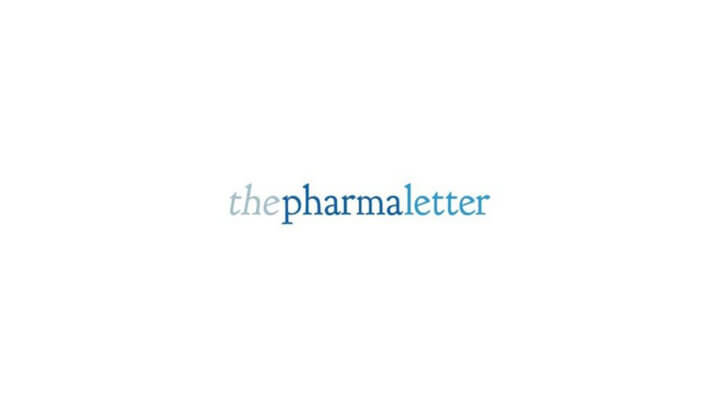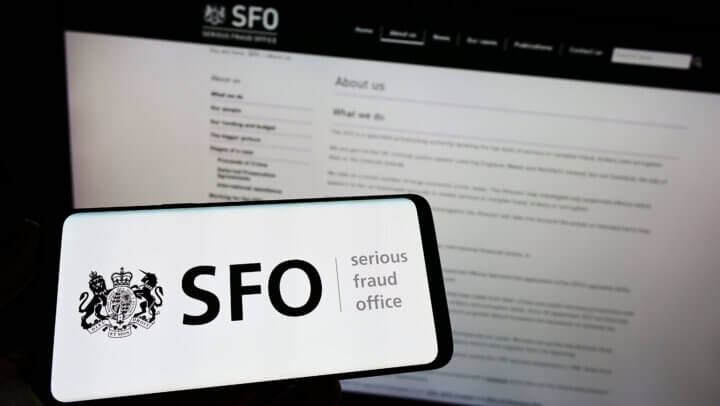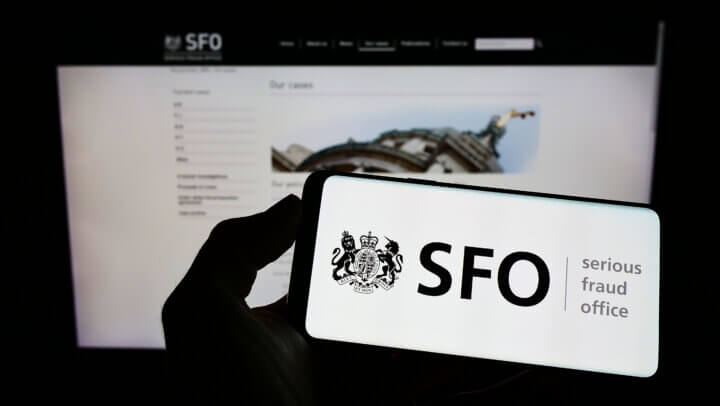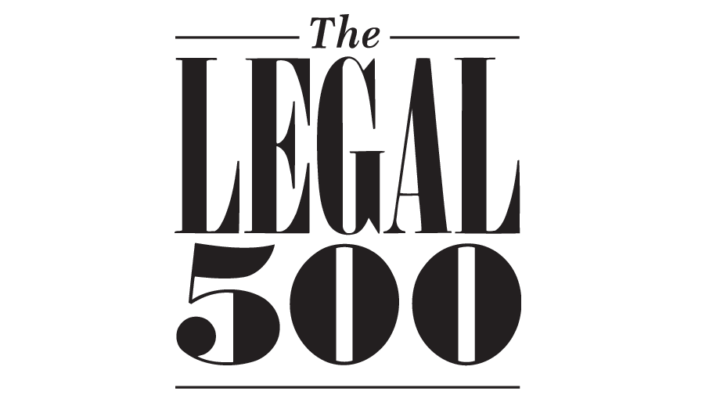BCL partner, John Binns writes for The Pharma Letter discussing the challenges of tackling international crime with national law enforcement and explores how Interpol’s Operation Pangea illustrates how they can be overcome in the context of the global fight against illicit medicines.
Here is a short extract from the article*. If you wish to read the full article, please visit The Pharma Letter website.
A world of problems
What can be done about the sale of illicit medicines? The question illustrates a familiar challenge in the world of law enforcement, in that a problem we as consumers and taxpayers can see as straight forwardly needing tough and enduring action is made harder to solve by two fundamental features of the landscape.
The first of these is legal complexity: even where the law clearly provides remedies against conduct, the overlapping provisions and procedures can be unhelpful. In the UK, for example, the starting point for tackling many drug sales, depending on their ingredients, may be controlled drugs offences. Counterfeit medicines may also breach intellectual property laws, which can be enforced either civilly or criminally. Some sales may defraud consumers or offend against unfair trading laws. And, of course, there are bespoke regimes for medicines, including natural and homeopathic remedies, and medical devices.
The second is the significance of national borders – a challenge that the UK’s Medicines and Healthcare products Regulatory Agency (MHRA) has also taken an effective lead in this sector in overcoming. As is increasingly obvious, the nature of financial crime, of which illicit medicine sales are a prime example, is global, which positively demands that local, national, and regional agencies join forces to share information and coordinate enforcement efforts.
A joined-up approach
We do not, and indeed may never, have such a thing as a global police force. Instead, the role of Interpol is to help coordinate the efforts of national and supranational law enforcement agencies. Since 2006, the MHRA has worked with Interpol and various other agencies, including the European Union’s (EU) EU’s Europol, to tackle illicit medicines and medical devices. This includes concerted days or weeks of action against suspected offenders and their assets, which are then publicly announced, most recently this summer. Under the surface, the work to produce this undeniably impressive feat is essentially about tackling those twin challenges of legal complexity and working across national borders.
*This article was first published by The Pharma Letter on 17 October 2022. If you wish to read the full article, please visit The Pharma Letter website.
Please note that you will need a subscription with The Pharma Letter to access the article.




